My mother was a cartophile. A lover of maps and atlases. She had a keen curiosity about faraway places and would explore the world from the birds-eye view of a map resting on her lap, her right index finger tracing mountain ranges, roads and rivers like a braille reader. On family road trips of my childhood, this tiny woman navigated with maps unfolded to the wingspan of a frigate, feeding my father coffee from a thermos cup to keep him alert.
“Just keep the car on the road, Bob,” she would say. “I’ll get us where we need to go.” The car did leave the road on a few occasions, but we never got lost.
I often get lost. My mother’s directional DNA won’t be found on my genome map. For me, north is south. East is west. My left hand is my right hand. I feel this to my core. I get lost in hotel hallways, hospitals, hiking trails — places clearly marked for the infrequent visitor. “Just go back the way you came” doesn’t work with me. I have been lost on five of the seven continents. But, truth be told, getting lost has found me in some of my most unforgettable moments.
I spent time as a volunteer nurse in Freetown, Sierra Leone in the fall of 1990, two years before that country’s devastating civil war. Clinic days continued until sundown, always with a long snaking line of people still waiting to be seen. Most tribal clans had traveled great distances and camped overnight on the hospital grounds, hoping to be examined and treated the following day.
I slept in living quarters above the hospital. At night, the hollow clunk of metal pots and the steamy sizzle of extinguished cooking fires drifted up through the open window of my room. The monotone of Mende conversations lulled me. Sometimes the night sounds would suddenly drop away, and from some distant place a baby’s fierce wail filled the emptiness. We all stopped to listen. And after a time of silent acknowledgment, the sounds of conversations and cooking pots would start up again.
Late one afternoon, I left the hospital compound to explore Freetowne, a city of ruinous beauty. By dusk I realized I was lost somewhere in the middle of the city center. Tall buildings obstructed my known landmarks, particularly the Moorish-style minaret that stood across the street from the hospital.
Feeling a bit panicked, I stepped into the path of a young woman walking quickly towards me; one hand holding a basket of cloth on her head, the other hand hiking up her long skirt to allow for her brisk pace. I said, “Kissy Road Hospital?”
Without looking at me, she dropped her skirt and grabbed me by the wrist like an exasperated parent, pulling me behind her through the dark streets of Freetowne. She did not let go of my wrist when we reached the hospital compound, but took me to a small square cement structure behind the hospital. This bare room was lit by a single kerosene lantern. The floor was covered with straw, and three old Mende women sat huddled on the floor in one corner. I was released to the opposite corner with a gesture that said, “Sit.”
No one in the room acknowledged my presence. I knew I was in a place not meant for me. On a sagging cot in the middle of the room, a laboring young woman rocked side to side, making the rhythmic, crescendoing sounds of labor. The three old women sang to her as my parent-guide bathed her with wet cloths from her basket. This continued through the early hours of the morning until my navigator knelt on the straw floor to help the thoroughly exhausted young mother birth her child.
Forced out, wet and shivering, the baby released a piercing cry into this dark, unknown place, a visceral response to having lost all her known landmarks. Suddenly the world outside grew quiet, as if to say in the language of silence, “You are here. You are no longer lost.”
We can all stray away from our landmarks and choose to get lost. By getting lost, we may find extraordinary places. Some of these extraordinary places can be remarkably close to home. The road less traveled is a safe bet, and a good place to start.
Connie Wagner has been a Registered Nurse for 38 years. Her volunteer nursing missions also include Tanzania and Zanzibar, but Manatee County is her home. cwags316@gmail.com
Credit: Bradenton Herald

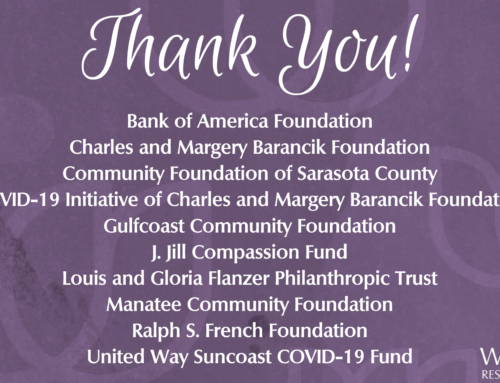

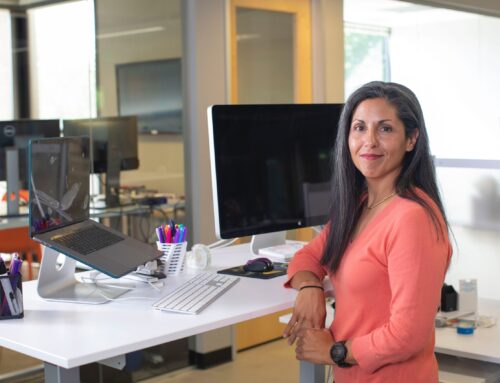
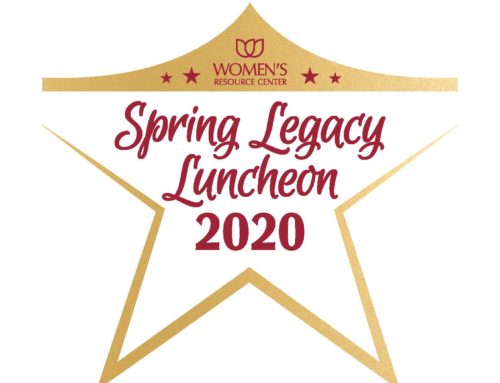
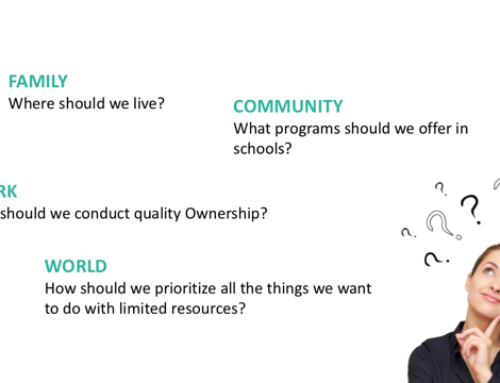
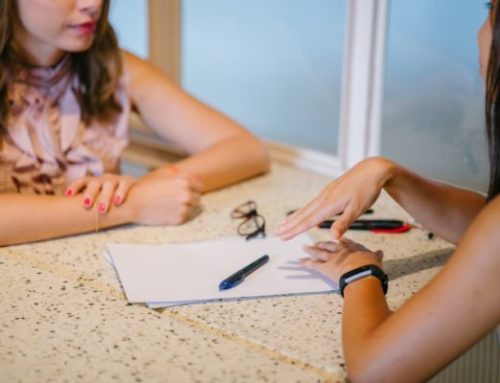
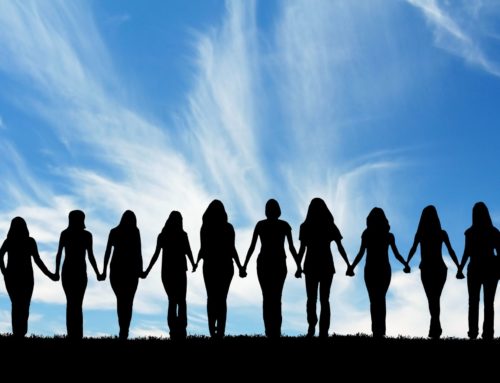
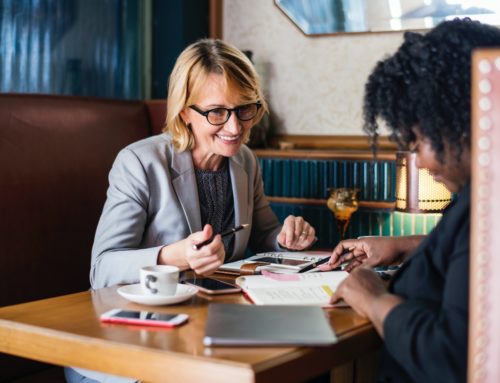

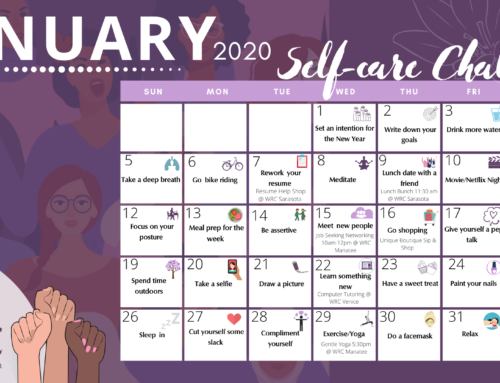
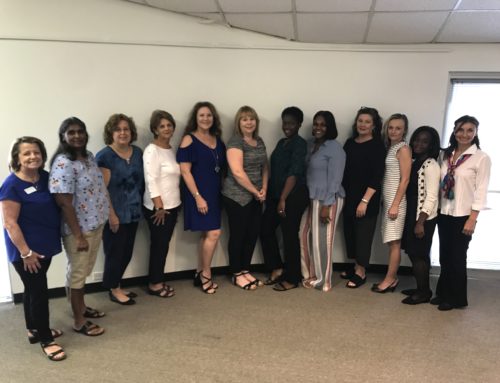

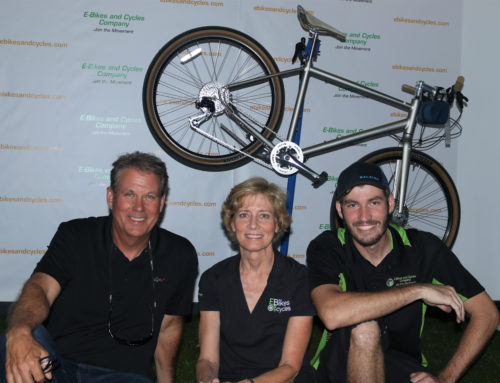
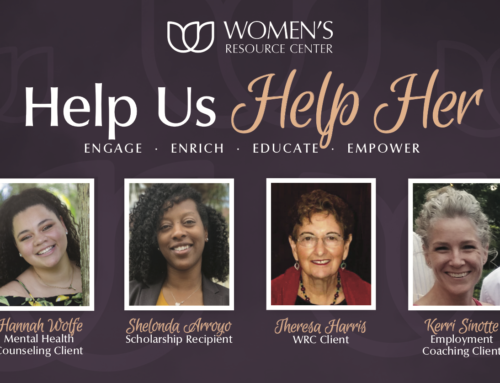
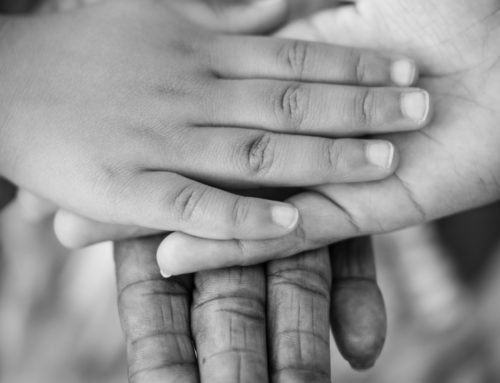
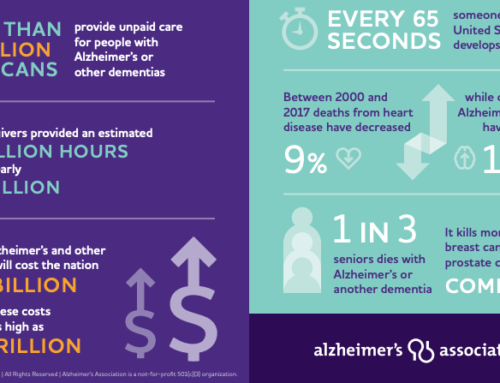

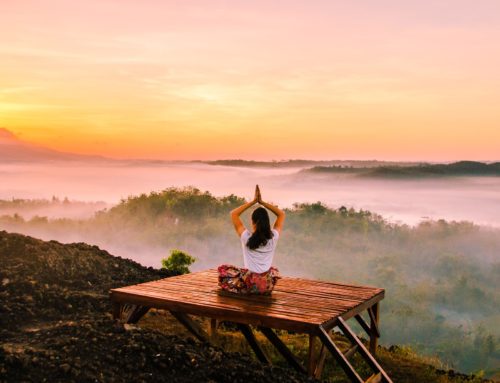
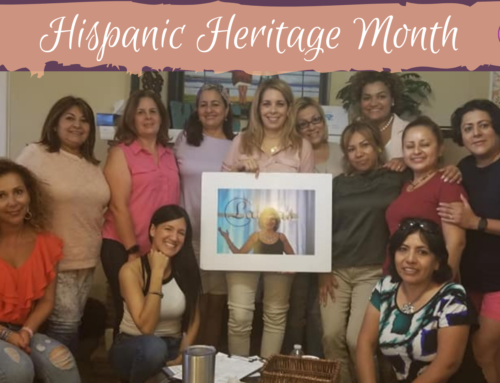

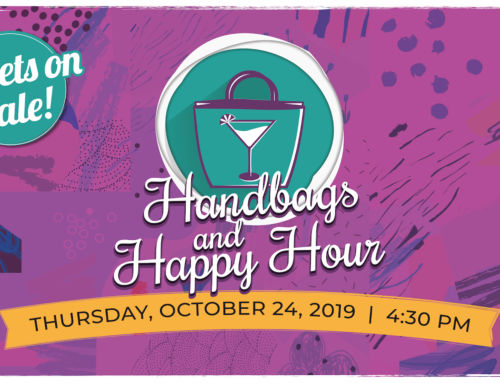


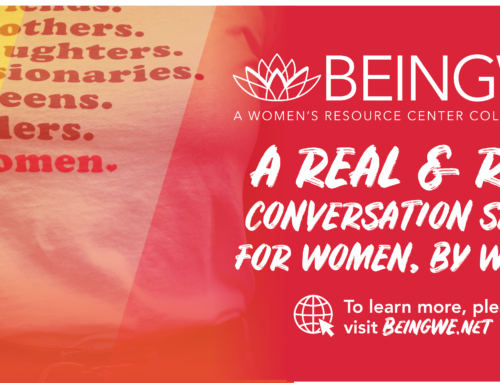

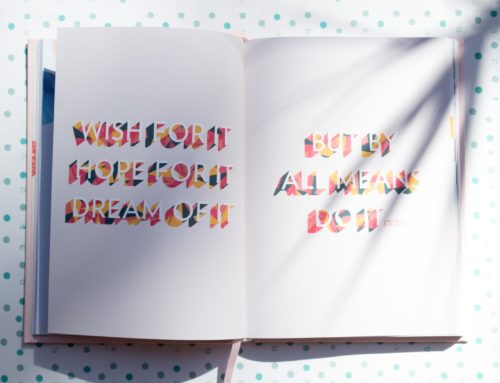
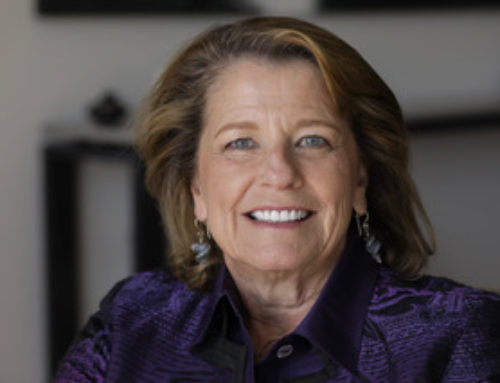
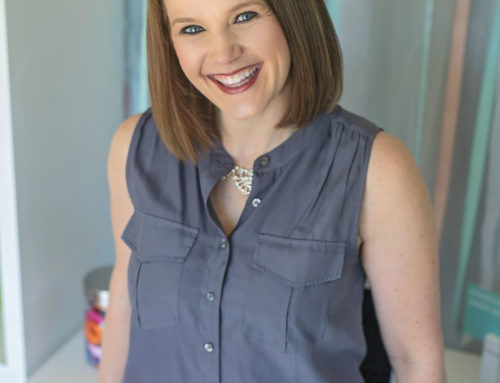







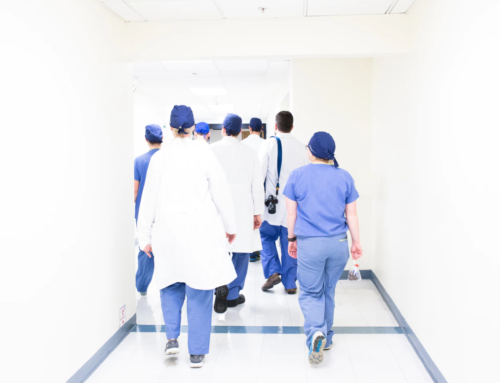
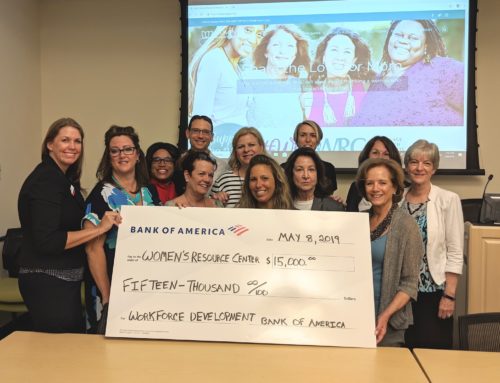
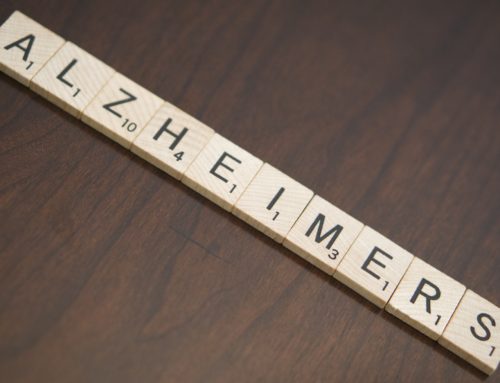
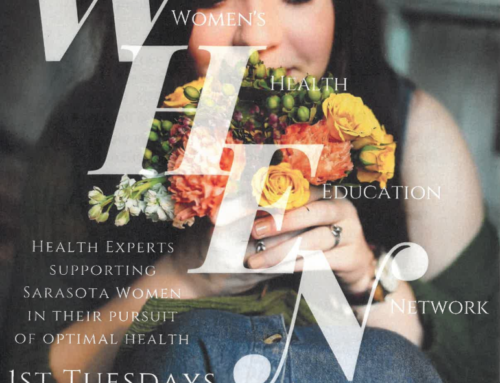

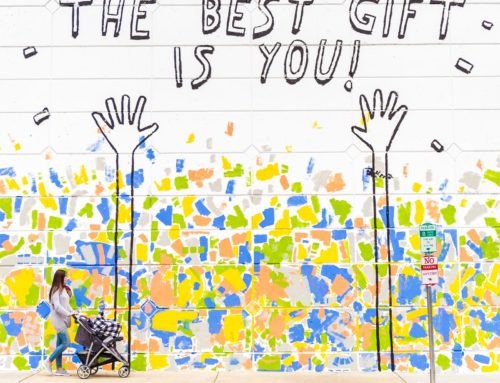
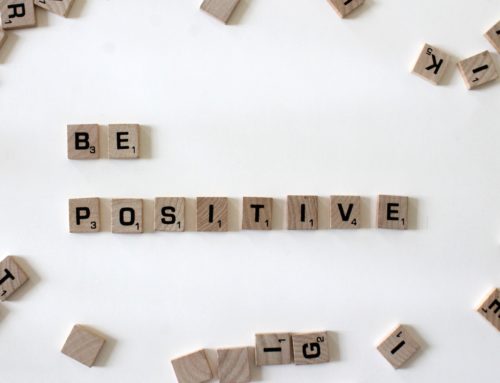

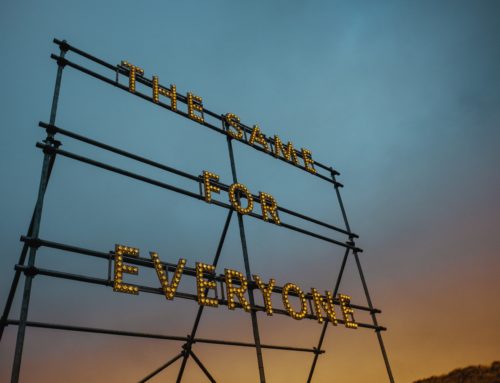
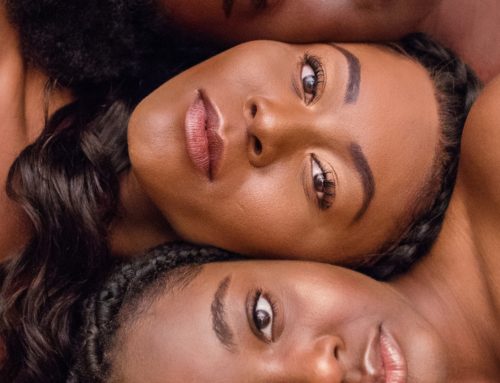
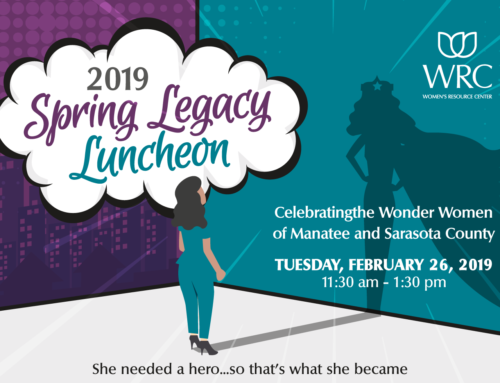
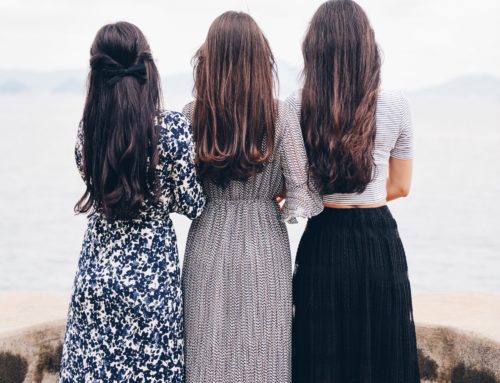
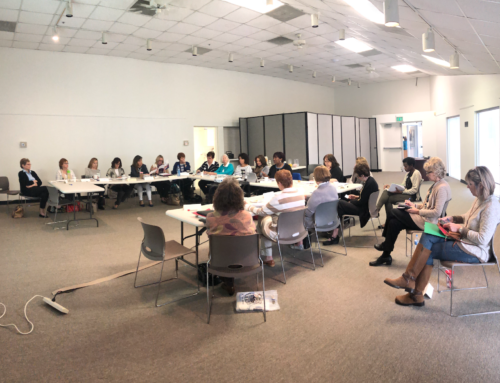


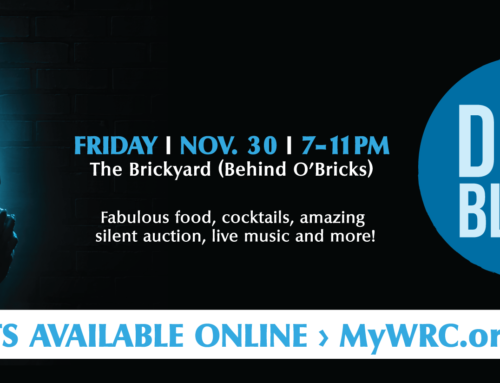


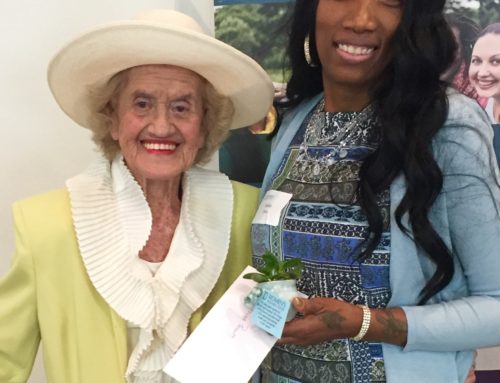

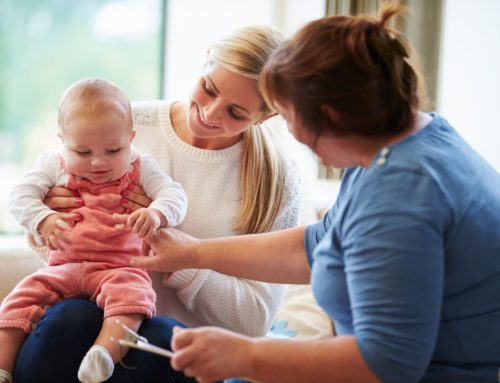
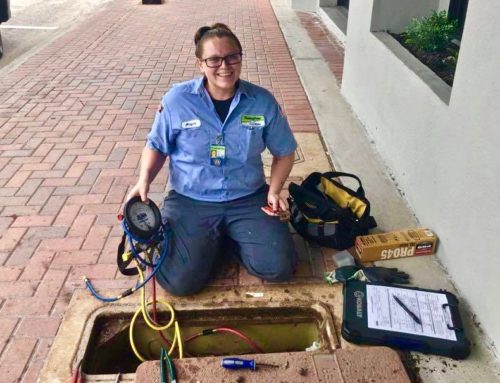

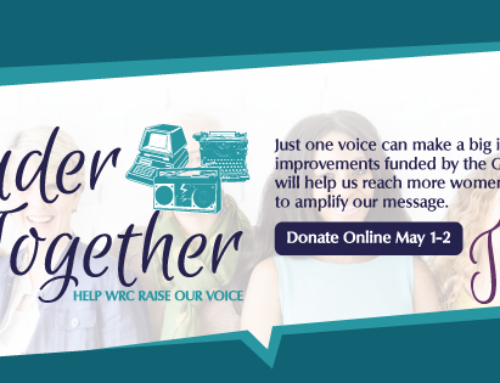


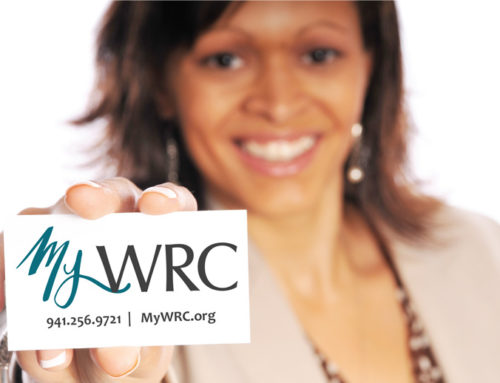
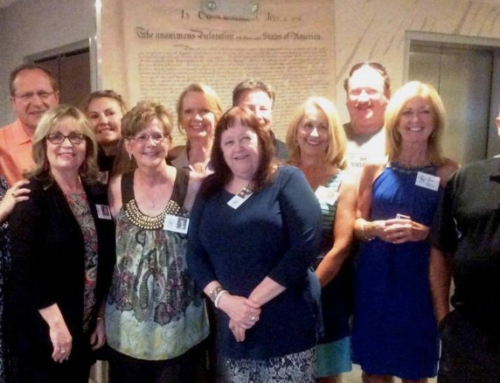
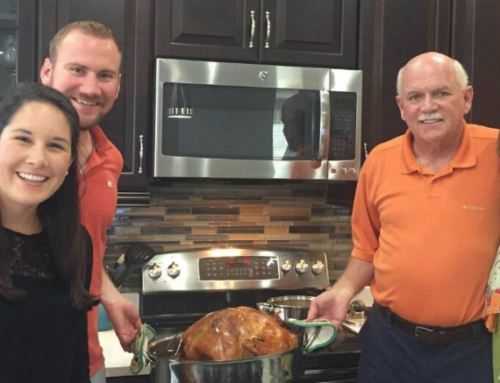
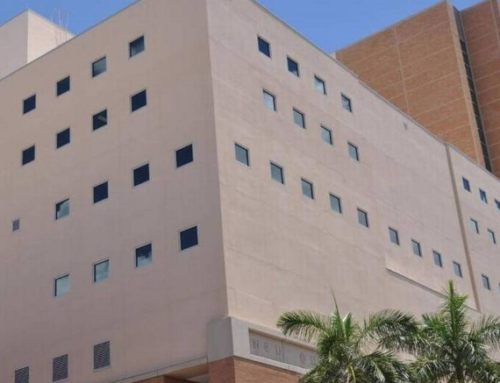
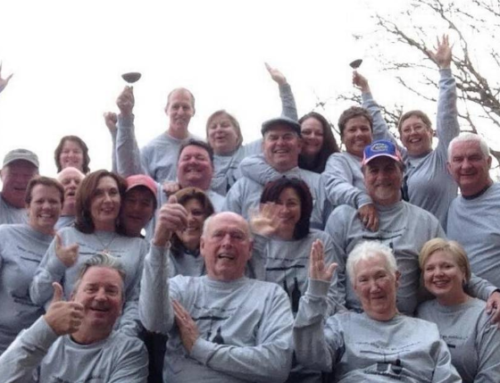
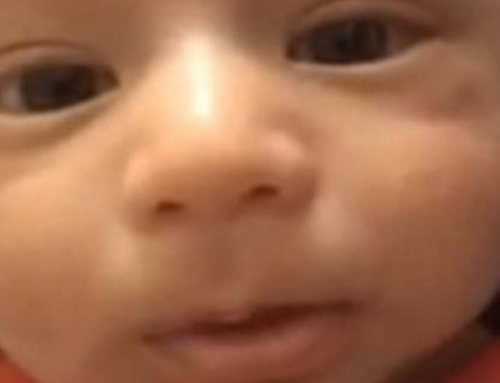
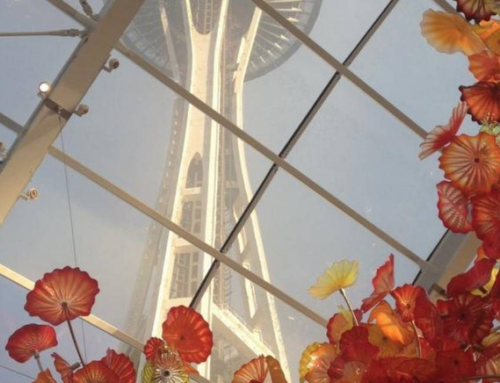
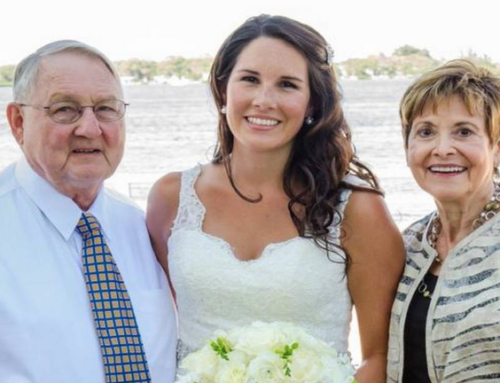
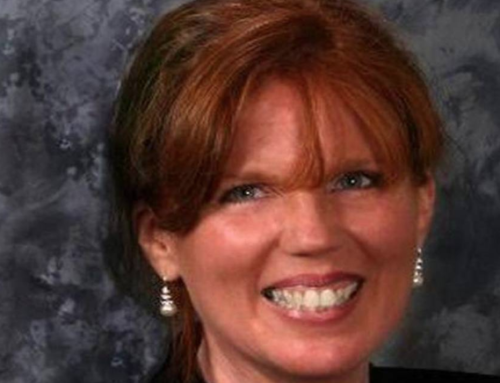
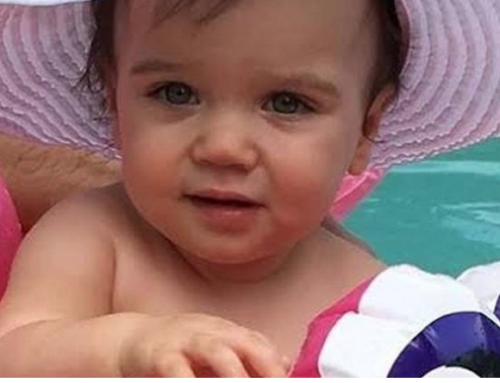
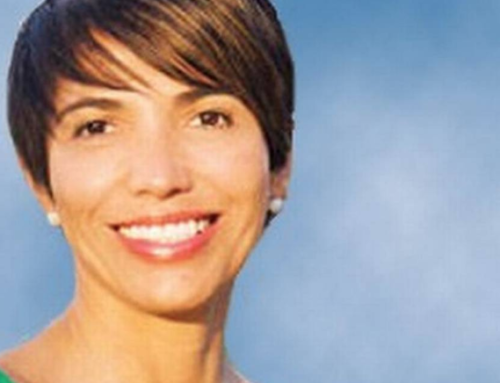
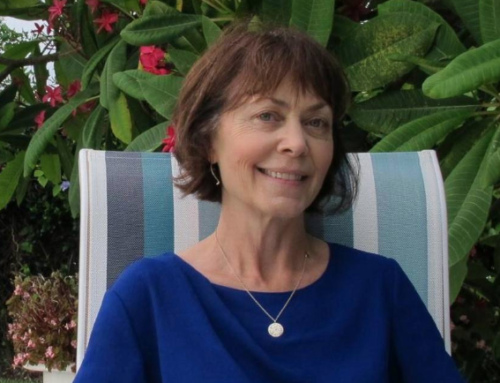
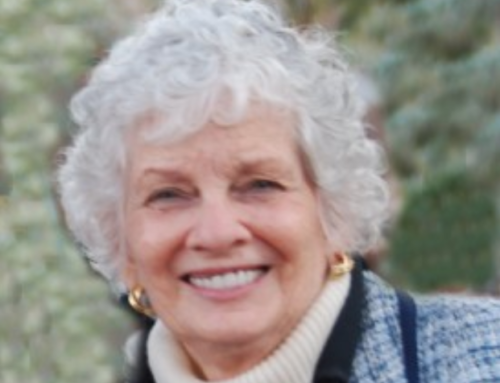
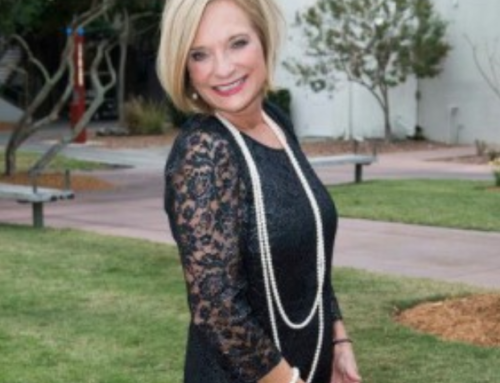
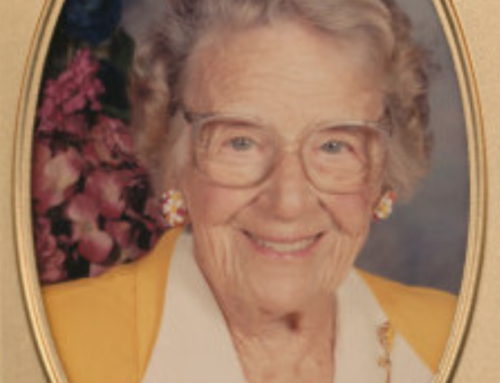
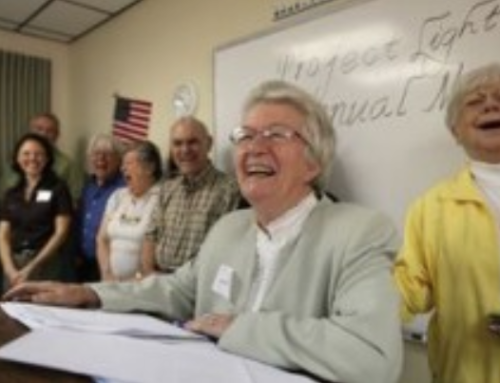
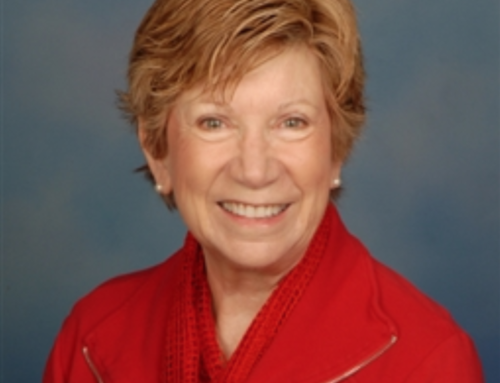
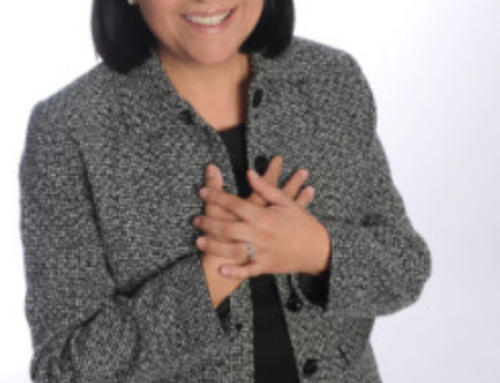
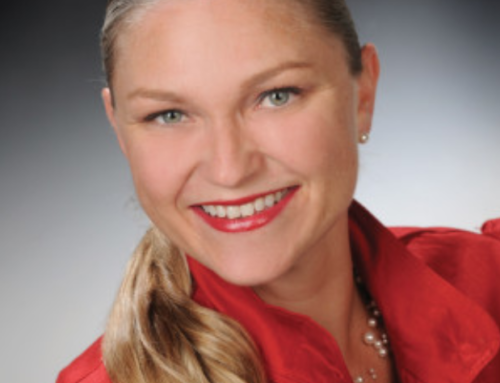
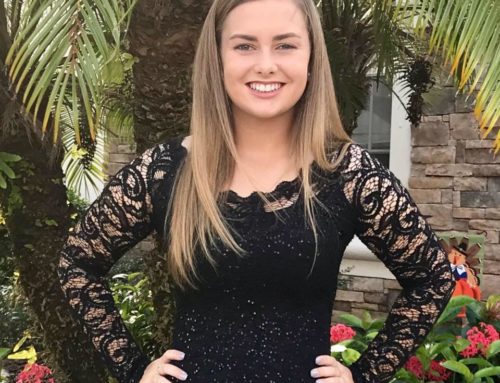

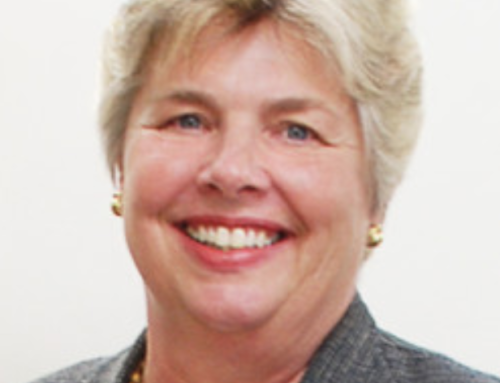
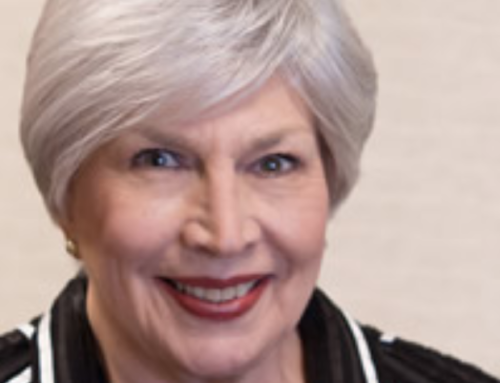
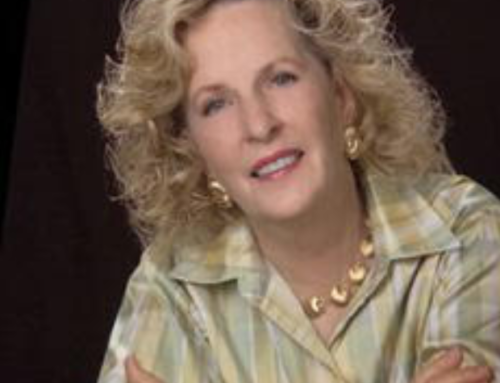

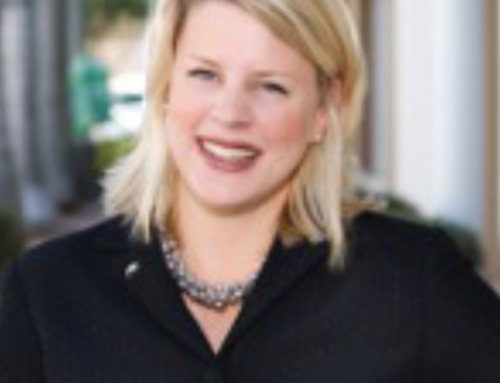
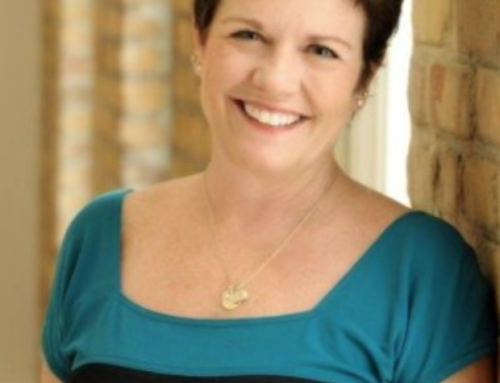
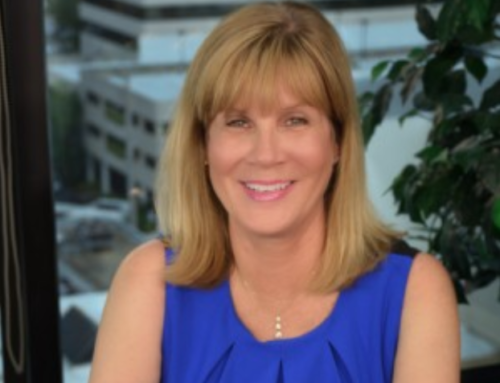

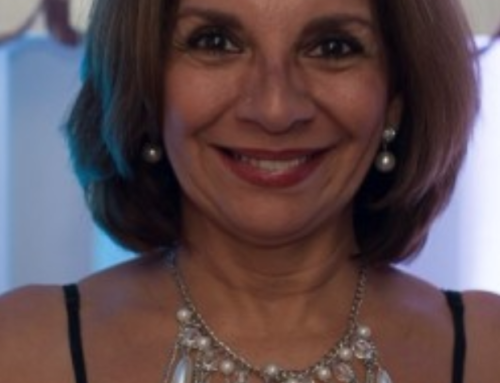
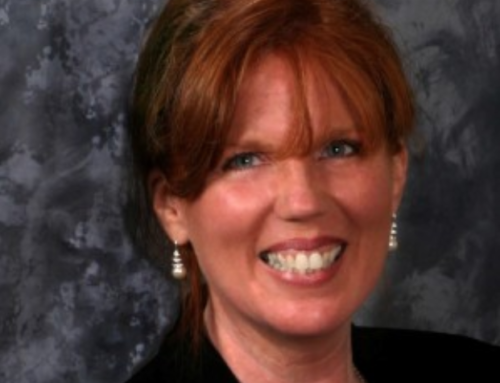
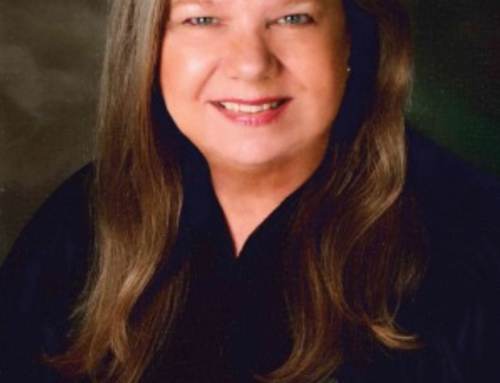
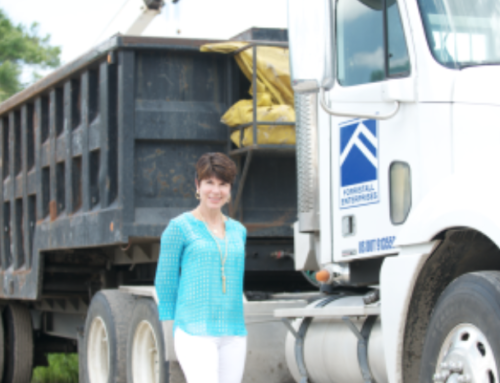
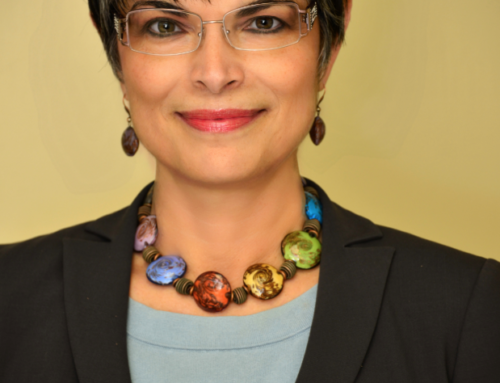
Leave A Comment